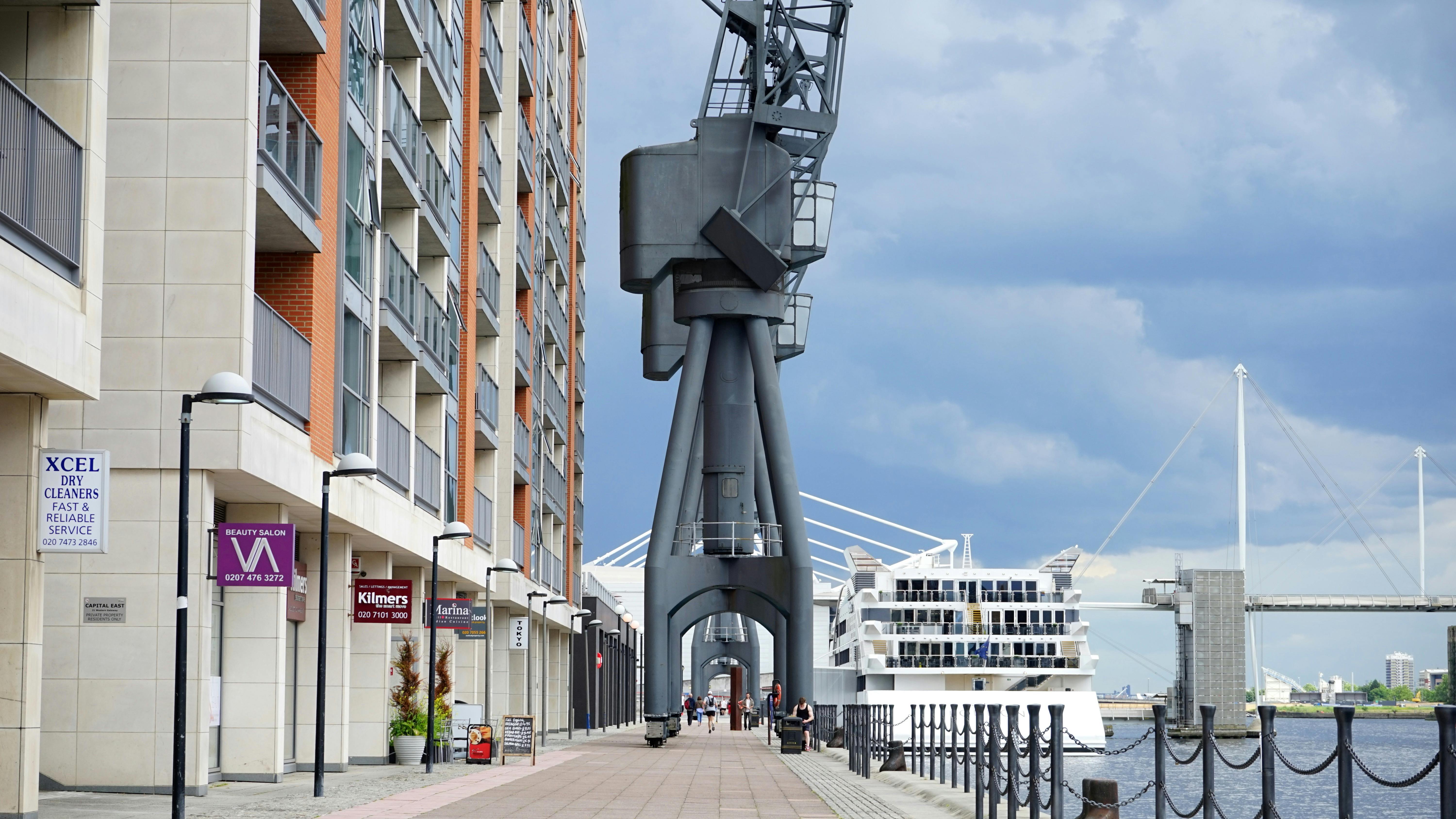The hard drive is the magnetic disk on which files and computer programs are stored. Unlike the floppy disk or CD, which can also hold files and programs, the hard drive enclosure stays permanently in the PC and you usually don’t take it out unless you want to change it or something isn’t working right.
I would like to introduce you to some useful tricks to know if your hard drive is working properly.
Physical disk and logical disk. A hard drive is a physical disk, that is, a magnetic memory unit. The total area that can record information can be divided into several logical disks, for more efficient use. In MS-DOS and Windows, each logical drive is associated with a dot followed by the symbol “:” following a simple rule: with the letters A and B we point to the floppy disk and start with the letter C: the logical disks. After logical disks, the following letters are used by CD-ROMs, pen drives, and other similar devices that may exist on the system.
Available space. It is useful to know how much space is available on the hard drive, in case it is too small and you decide to replace it with one more, or if you want to know how much space you have. Open My Computer and you will immediately have an image of your computer’s drives. From the menu, choose View/Details to see the required parameters. It is possible to have more hard drives, or the hard drive to have more logical drives and then you will see more of the same icon labeled C:, which says Local Drive but each has a different letter. For each of them, you will see the total subscribed and space (Total Size), and the remaining free space (Free Space).
Capacity of a hard drive It is measured in Megabytes and Gigabytes, that is, multiples of the byte. A byte (pronounced bait) should not be confused with a bit. A bit is a binary digit that can only have values 0 or 1, while a byte is an 8-bit binary and has a value between 0 and 255. A megabyte (1 MB) is 1024 KB and a GigaByte is 1024 MB. Today, a hard drive is a few GB in size on average. For 2002 I’ve been working fine for months, with a 486 processor computer, which has a 400MB hard drive, which is ridiculously small compared to today’s Pentium processor PCs. So small hard drives aren’t even made today. In fact, hard drives smaller than 10 GB have already started to disappear from the market!
How big should it be?? If you bought a computer without knowing much about it, you were probably satisfied with the size of the hard drive contained in the computer offered for sale. But there are times when you’ll need a larger hard drive, so you’ll start ordering a bigger one. But how big? The answer depends on what you do with your computer and how efficiently you use disk space. If you want to use the PC only for training or accounting, then an 80 GB hard drive will suffice. If you want to do development programs and other technical and scientific applications, you probably need around 160 GB. But if you want to put on your PC trendy games, which occupy hundreds of GB each, you are supposed to need a hard drive and more.
Don’t let the hard drive get full! It is highly recommended as a hard drive is not allowed to fill above 80% capacity. It will work even if it fills more than 90% capacity, but you will find that your PC will run much slower. This happens because the operating system uses space on your hard drive for temporary data storage during work. If there is not enough space available, the operating system will slow down. Don’t be surprised if it freezes! Therefore, check the remaining free space on the disk from time to time and delete unused files. And don’t forget: the files are deleted only after emptying the Trash.
Can I delete files without fear? To “clean” the hard drive, you can delete certain files that are not necessarily necessary. First, empty the “Trash” where all files are deleted: right-click on the Recycle Bin and select Empty Recycle Bin. And then delete the temporary files in the directories (C:TEMP, C:WINDOWSTEMP), after that make sure that between them there is not something that you store or that could be useful. Also, any file whose name begins with the tilde (“~”) is a temporary file that was not closed due to system errors and you can delete it.
Back. This term means “backup”, so do it as often as possible, to have an option in trouble. Computers “crash” sometimes due to operating system errors, sometimes due to physical failure of some vital component, or even due to current banal pens, and there is a risk of losing data from the hard drive. If you have important data on your hard drive, be sure to back it up regularly. From time to time (especially if these files change), refresh the copy! You can copy important files to DVD, and if the data volume is larger, you can back it up to another hard drive or another computer.
